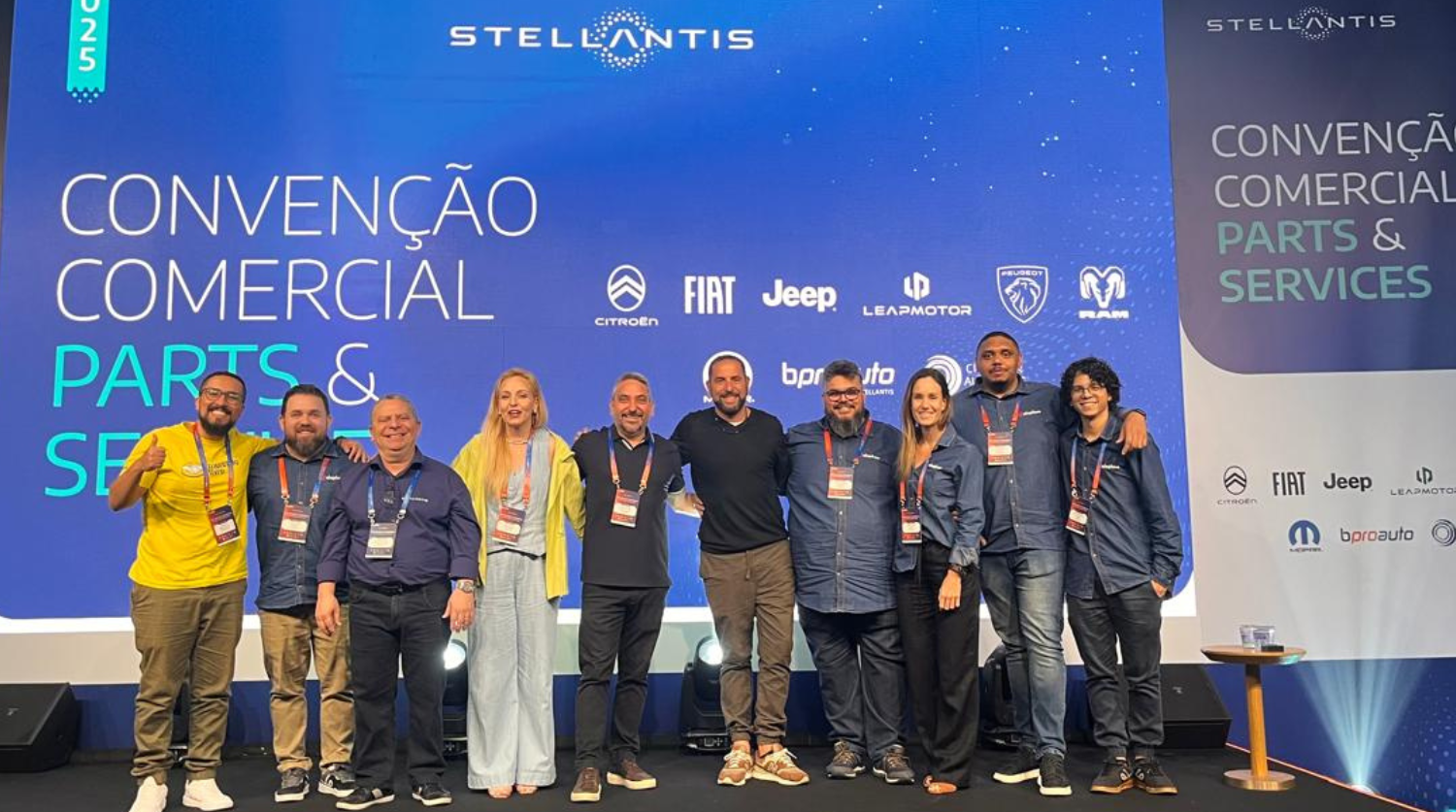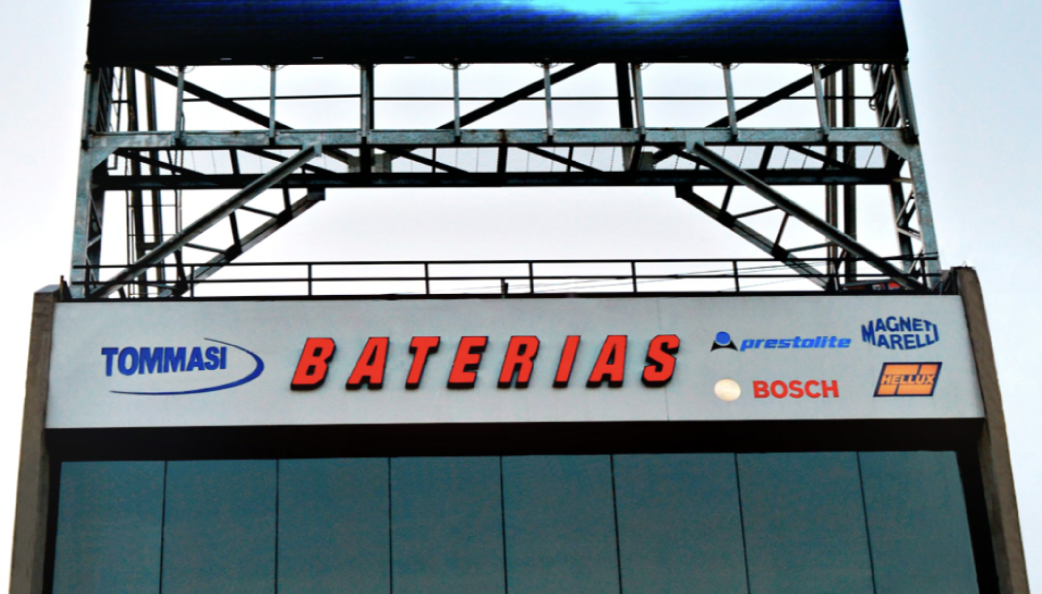Why does fulfillment matter in auto parts?
The auto parts, replacement, and aftermarket sector demands speed, accuracy, and reliability. Workshops need the right part within the expected deadline; distributors must manage stock to avoid shortages or overstocking; and final buyers (either consumers or workshops) expect accurate product information, fast delivery, and efficient post-sale service. In the context of Mercado Libre, fulfillment means storing products in distribution centers (“fulfillment centers”), ensuring proximity to the customer, managing multiple synchronized inventories, and automating processes to meet these expectations.
According to a report by Agência CMA, Mercado Libre has doubled its fulfillment distribution centers in Brazil, from 10 in early 2024 to 21 expected by the end of 2025, as part of a R$ 23 billion investment to expand its logistics infrastructure in the country. This expansion also means decentralization: 63% of these new centers will be outside São Paulo, improving regional coverage in the Northeast, Midwest, and South.
Development: stages to structure a fulfillment project in auto parts
1. Mapping and catalog sizing
-
List your parts: the auto parts market includes a wide range of models, brands, and compatibilities. Building a digital catalog with accurate technical data (vehicle compatibility, model references, manufacturer codes) is essential.
-
Identify high-rotation SKUs vs. niche items: this helps decide which products should be placed in fulfillment centers to ensure local stock availability.
2. Choosing strategic storage locations
-
Take advantage of Mercado Libre’s fulfillment centers, located in different regions of the country, to reduce delivery times and logistics costs.
-
For heavy or bulky parts, consider proximity to workshops or industrial areas to cut transport costs and enable faster deliveries.
3. Systems integration (inventory, orders, pricing)
-
Use ERP + DMS systems synchronized with Mercado Libre to update inventory in real time and avoid selling out-of-stock products.
-
Automate price adjustments based on demand or shipping costs to maintain competitiveness.
-
Include traceability: know where each SKU is, when it will be shipped, and the current delivery status.
4. Reverse logistics, returns, and service policies
-
In auto parts, returns can occur due to compatibility errors or transport damage. A clear return process speeds up resolution and maintains customer satisfaction.
-
Warranty support: suppliers should provide technical assistance in cases of incompatibility or failure.
5. Metrics, monitoring, and continuous improvement
-
Track the time between order and delivery, picking accuracy rate, return rate, and buyer satisfaction.
-
Use these insights to decide which SKUs to relocate, where to increase stock, and how to optimize routes or packaging.
Real cases and market trends (World Logistics)
-
Mercado Libre’s massive fulfillment expansion: over 100% growth in fulfillment centers to meet the increasing market demand.
-
Fast delivery adds value: many orders shipped via Mercado Libre’s fulfillment service arrive the same day or the next, especially in regions covered by the new centers. This creates a higher value perception among customers who need urgent parts.
-
Stock errors and incomplete listings remain common in auto parts. Companies using robust technical catalogs (compatibility, photos, specs) have fewer returns and higher conversion rates.
Expected impact
For brands and distributors, a well-structured fulfillment project in Mercado Libre enables:
-
Reduced logistics and transport costs thanks to local stock availability near workshops or end buyers.
-
Higher inventory turnover, especially for high-demand parts.
-
Fewer cancellations due to long delivery times or out-of-stock issues.
-
Better visibility in the marketplace — fast-shipping listings tend to rank higher.
For retailers or end buyers/workshops:
-
More available parts with faster delivery times.
-
Increased confidence in listings through complete catalogs, synchronized stock, and reliable delivery deadlines.
-
Less frustration and reduced rework from returns.
How can Alephee help?
At Alephee, we provide multiple solutions that enhance every stage of a Mercado Libre fulfillment project for auto parts brands, distributors, and sellers:
-
Specialized digital cataloging for auto parts: Alephee helps brands structure listings with compatibility charts, model references, professional photos, and accurate applications. This reduces returns and boosts conversions.
-
Multichannel inventory synchronization: our platform integrates available stock from multiple fulfillment centers or warehouses in real time, avoiding overselling or duplicate listings.
-
Dynamic pricing integration: when freight costs or regional competitiveness change, automatically adjust prices or set region-based shipping options — all from a single dashboard.
-
Integration with Mercado Libre and DMS: Alephee connects your database, orders, digital catalog, and inventory directly to Mercado Libre’s systems, reducing manual errors.
-
Operational analytics and reporting: dashboards with key metrics such as delivery times, return rates, and SKU performance help distributors decide where to restock and which listings to highlight.
-
Training and compliance support: guidance to ensure your listings meet requirements like Inmetro standards and compatibility certifications, reducing cancellations or claims.












